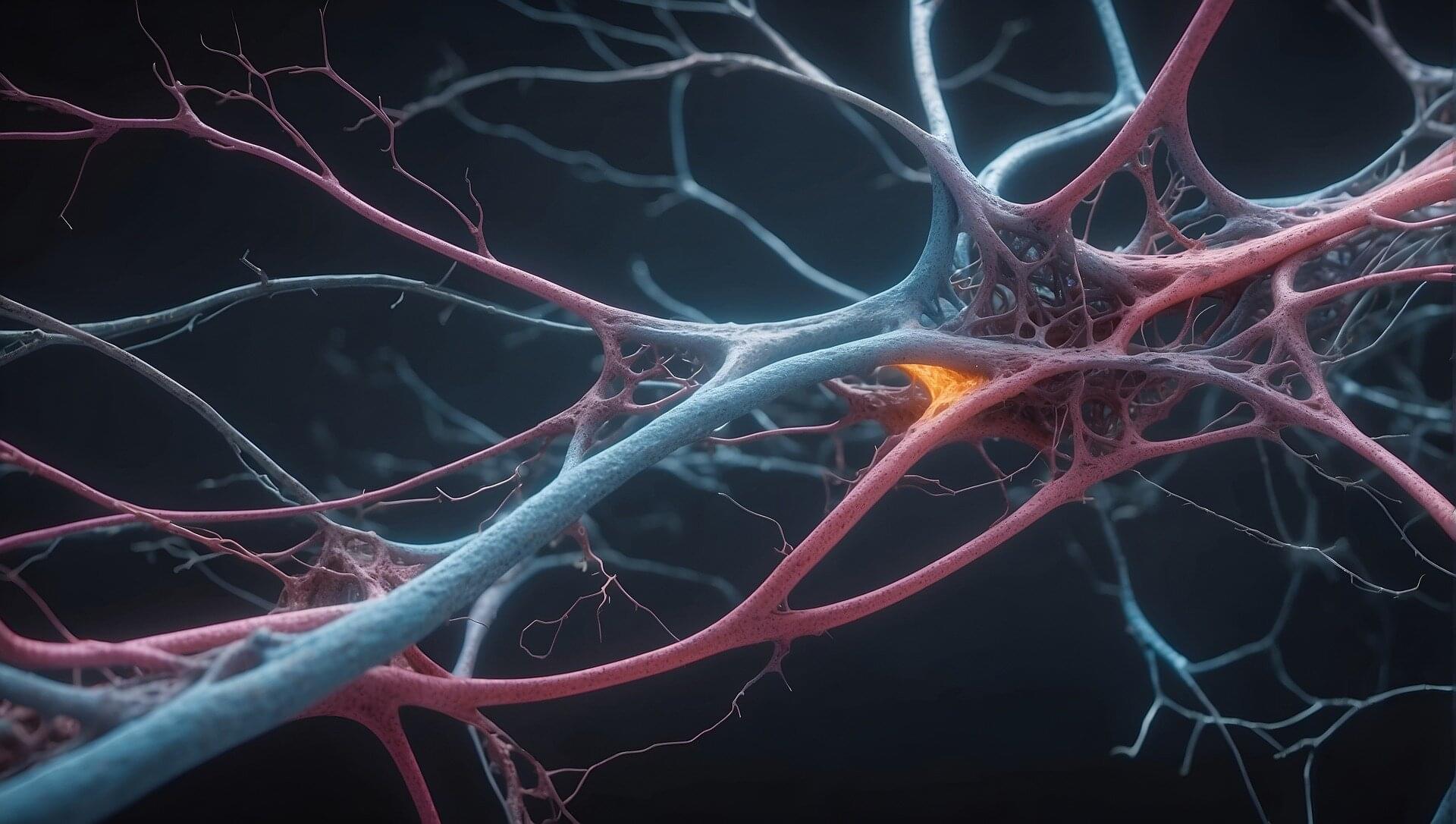For decades, neuroscientists have developed mathematical frameworks to explain how brain activity drives behavior in predictable, repetitive scenarios, such as while playing a game. These algorithms have not only described brain cell activity with remarkable precision but also helped develop artificial intelligence with superhuman achievements in specific tasks, such as playing Atari or Go.
Yet these frameworks fall short of capturing the essence of human and animal behavior: our extraordinary ability to generalize, infer and adapt. Our study, published in Nature late last year, provides insights into how brain cells in mice enable this more complex, intelligent behavior.
Unlike machines, humans and animals can flexibly navigate new challenges. Every day, we solve new problems by generalizing from our knowledge or drawing from our experiences. We cook new recipes, meet new people, take a new path—and we can imagine the aftermath of entirely novel choices.
